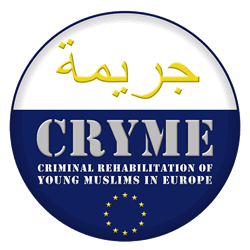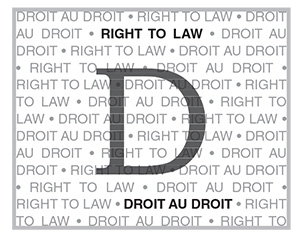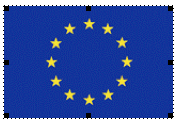Background
 As demonstrated by numerous examples, cases, judicial and investigative evidences, the European, American, Canadian and Arab prisons are exposed to the new threats of pseudo-Islamic radicalisation and proselytism. In European prisons, the number of Muslim inmates is estimated at 50.000, of which about 500 are there for crimes relating to terrorism and who remain well connected with the external culture responsible for feeding terrorist networks.
As demonstrated by numerous examples, cases, judicial and investigative evidences, the European, American, Canadian and Arab prisons are exposed to the new threats of pseudo-Islamic radicalisation and proselytism. In European prisons, the number of Muslim inmates is estimated at 50.000, of which about 500 are there for crimes relating to terrorism and who remain well connected with the external culture responsible for feeding terrorist networks.
The overall objective of this project was to help identifying the roots and dynamics of radicalization processes in European prisons as well as to design a common horizontal approach and strategy for its prevention and contrast among Muslim convicts, with the ultimate scope of offering to political and technical decision makers an advanced report on how to contain recruitment to terrorism and prevent radicalization through the detection of incitements and other paths to religious hatred.
Specific recommendations aimed at preventing radicalisation and indoctrination include giving specially trained Imams and cultural mediators an organic role in penitentiary activities, and establishing partnerships with the local moderate Mosques in order to prevent distorted and exploited use of the Koran; providing assistance to the more vulnerable inmates and their families; developing forms of inter-institutional co-ordination on a national and European level, ensuring the involvement of relevant civil society organisations in the measures of prevention.
The project was carried out by a partnership led by Agenfor, Italy, with the support of the Muslim Community of Venice (CRII, Italy), the Association Droit au Droit (DaD, Belgium), the Provveditorato alle Carceri di Padova (Italian Ministry of Justice) and ITIC (Israel).
For more information on the project please visit: http://www.agenformedia.com/cryme-one.html
*Project “Prevention of and fight against crime”, project “CRYME - Criminal Rehabilitation of Young Muslims in Europe” (JLS/2007/ISEC/551)” (CRYME JLS/2007/ISEC/551). Project leader: AGENFOR (IT)
 |
 |

With financial support from the European Commission Directorate General Justice, Freedom and Security





